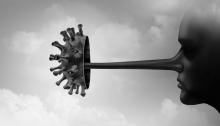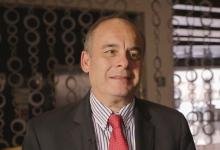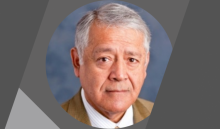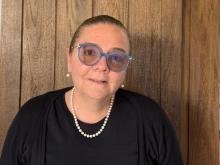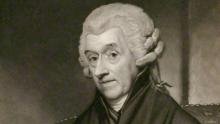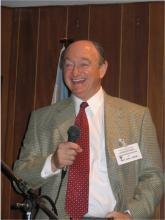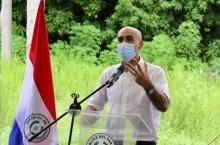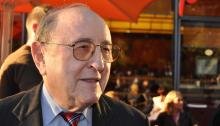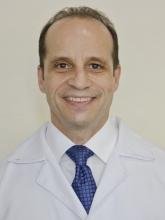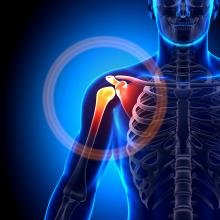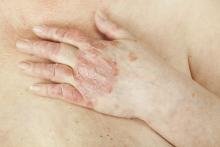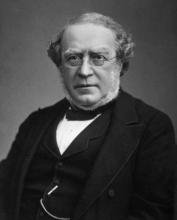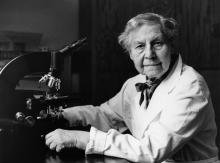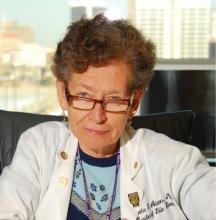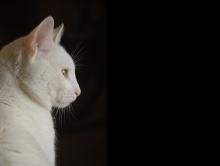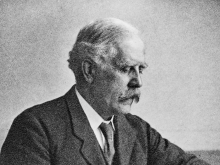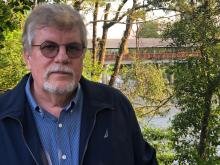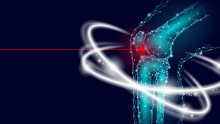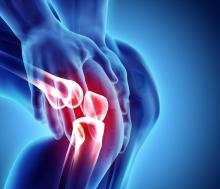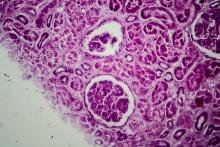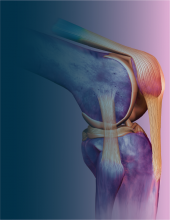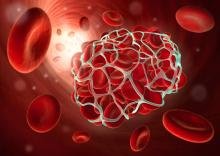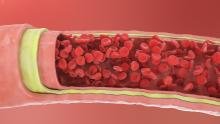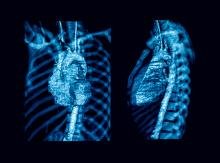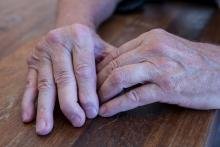The second snowfall of the season. Frost adorns the edge of the window that reveals the garden in gloom. The knots in both hands twitch around the coffee cup. He has taken a break, fleeing the operating room, the smell of blood and ether.
He could not save his patient – subarachnoid hemorrhage that became more complicated hour after hour – and he looks forlornly at the dry branches that are becoming populated with crystals.
He knows the drill: the Chief of Surgery will call him in a friendly but accusatory tone, then the Ethics Committee will issue its verdict and, finally, his statistics will show a decline in credibility and efficiency.
–That’s the way things are–, he mumbles to himself, summoning up the strength to face the relatives.
When he entered the faculty, shrouded in a cloud of promises, there was talk of commitment, devotion, and selflessness in the practice of medicine was emphasized. Rites of passage and endurance tests aside, the Hippocratic oath crowned such an endeavor and promised a life of affectionate rewards and prestige.
Of course there would be money and comforts, but understood as a necessary evil in the face of renunciation and surrender to the priesthood. Flattery and curricular flashes covered it all. He walked as if anointed by an aura of naivety and wisdom; the roads were open, roots firm and wings open. Time was in charge of denying it.
First there was the competition. It emerged as a sibling rivalry, the one who studied the most received the honors, but was not necessarily the most skillful with ties and stitches. Years of eagerness and sacrifice separated the weak and opportunists. The indomitable remained, drawn by the whip of persistence and the tyranny of their determination. But skill turned to malice and rivalry to distrust. Increasingly alone, they ended the residency and turned their backs on each other forever.
The falling out seemed justified in light of vested interests and the formation of a family, which required focus and abandonment. But in the background was the imprint of envy, betrayal, accumulated resentments over teacher injustices, failed surgeries, punishment cures and unpaid guardianships. A shadow rode beside each triumphant knight.
Finally, training exerted its inertia. Stereotactic surgery, image integration and hybridization techniques made their debut, and with this background he threw himself fully into neurosurgery. He passed the most demanding tests and chose a battle center, where he would operate without rest. He became a warrior, while losing his hair and his sense of humor.
His rigidity combined with his toughness of spirit and his coolness before the most thorough challenges. He learned to overcome death. Moreover, to mock it to its face with smugness and fullness. Disciples followed him, the sick blessed him and women held out their arms to him in rapture.
Then came the dictatorship of epidemiology. Gradually it crept into hospitals, required by research: observational or talent work ceased to be valid, errors accumulated and there was no reliable account of the results of interventions.
At first it was a marginal office and public health teachers were viewed with disdain, quirky invaders in the concert of the privileged. But surreptitiously they crept into classrooms, presented their diatribes in case discussions, orchestrated their designs, and erected statistics as Athena, supreme among mortals.
The voice of the patients and the council with their physicians ceased to be relevant. Numbers imposed their law and everything that touched, listened to or pierced a patient had to bow to the evidence and the outcomes. Guidelines, validations and third-party payers emerged, because it was necessary to manage all that ineffable heap that used to be called “health”.
Doctors became providers and patients became customers, according to market fluctuations. A good provider would receive perks, discounts and other material incentives to the extent that his customers were satisfied.
The new regulations brought lawyers, lawsuits to constrain decisions, and suspicion of everything. Clinical subspecialties became undesirable, it was preferable to do research or hide in the watchtowers rather than interact and risk one’s prestige.
We saw surgeons beg on the doorsteps of insurance companies, crying out at the inequity and backlog of their payments. We saw pediatricians and internists submit to reimbursement schemes, as well as rant about indifference and pettiness. And all other specialists, spear at the ready, to attack all the orifices and ports of the sick to justify their actions.
Then came the real crisis. Every customer was vindicated as a notch in the Gaussian bells or as a subject in the therapeutic efficacy index. The pharmaceutical industry took the reins of the runaway chariots and brought order with its brand new standards, best practices and adverse events.
Caught up in the vortex of costs, hospitals acceded to the entire regulatory process. The public assistance centers to the enervating and constricting bureaucracy, manipulated by the puppeteers of the administrations and statisticians. Private clinics by the cost-benefit balance, bulking up supplies and services to satisfy the market drive. Thus, medicine became dependent on all these macroeconomic gales to the extent that no one was left unscathed.
The cynicism of political correctness was introduced to attenuate the malaise in the culture, mortally wounded by suspicion and greed. In the corridors today there is talk of ethics, careful attention, providers with credentials, adherence to health policies and universal schemes. Meanwhile, the sick walk alone, distrustful, without listening voices or comforting hands. The outcome rules, all the actors are instrumental.
Our elderly doctor joins in. Dejected but dignified, he walks slowly and pours the remaining coffee into the adjoining bathroom. Night has fallen and with it his veil of silence at the Health Science Center. Nondescript between the orderly and the cleaning woman who pass him by, he leaves a fleeting shadow in the empty consulting rooms. He pulls himself together at the sight of the widow moaning surrounded by her children: it will be necessary to start again.














